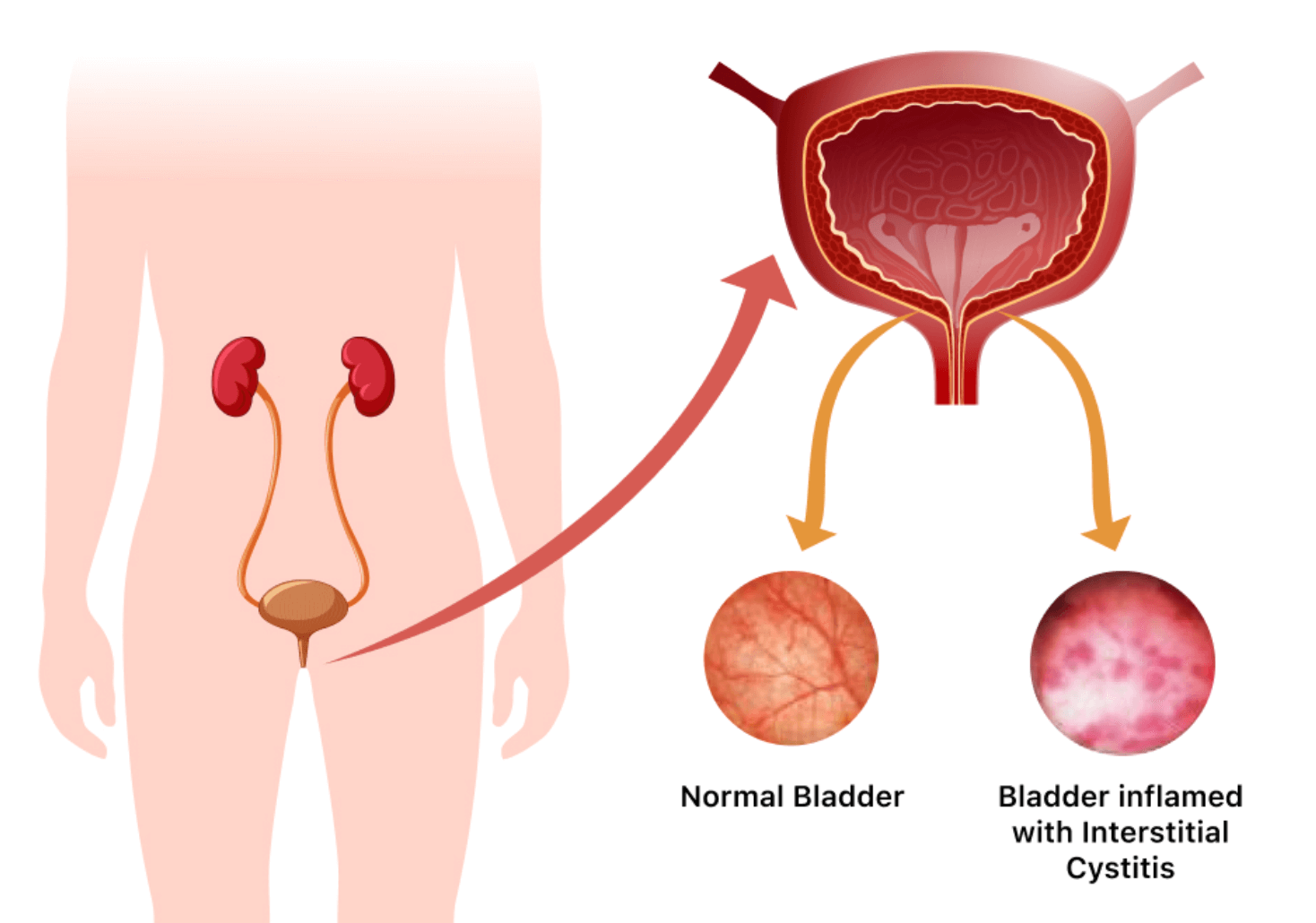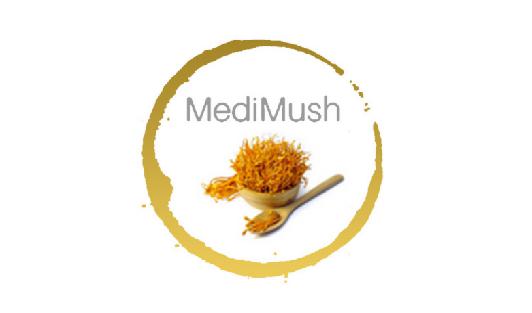Cystitis symptoms

Cystitis symptoms explained
Cystitis symptoms explained
Cystitis is a condition of acute bladder inflammation caused by a bacterial infection. It affects an estimated 20 per cent of women at some time during their lifetime.
Up to 25 per cent of bladder infections in post-menopausal women are silent or symptomless.
Although women most often succumb to these types of infections, men can also experience cystitis.
Click on the questions below:
- What are the symptoms of cystitis
- What are the causes of cystitis
- Have you had a checkup
- What aggravates cystitis
- Why does it keep coming back
- Do you understand antibiotics
- Are you preventing cystitis or provisionally treating it
What are the symptoms of cystitis?
- Burning sensation when passing urine
- Only passing a little or no urine – cloudy, foul-smelling, or bloody urine
- Pain in the lower back and pelvis
- Increased urgency and frequency of urination
What are the causes of cystitis?
Cystitis occurs when bacteria from outside the body travel up the urethra (the tube that takes urine from the bladder out of the body). As women have a shorter urethra than men, they’re far more likely to suffer, as the bacteria have less distance to travel.
Several things can cause cystitides, such as friction created by frequent sexual relations, not emptying your bladder properly when going to the toilet, not drinking enough water or swimming in public pools and the sea. This is because if water travels the wrong way up the urethra, bacteria in the water can be carried along, too.
Coliform bacteria from the bowel are the most common causes of a bladder infection, but it can also be due to many other types of bacteria. Bubble bath is a common trigger, as it changes the consistency of the bathwater, allowing water (and therefore germs) to travel up the urethra more easily. In anatomical terms, inflammation, mast cell activity, and estrogen affect the bladder lining and the muscle that actually governs urination (the detrusor).
If you have ongoing low-grade inflammation over many years, particularly when coupled with significant alkaline/hormonal imbalance during premenopausal and menopause, the tissues and muscles can become thinner and dryer. This makes them even more susceptible to inflammatory changes. So, without restoring your alkaline/hormonal balance, there’s a greater chance of becoming more susceptible to cystitis. To alkalise your body and prevent hormonal imbalances, you can use supplements such as Alkazone pH Drops, which you add to a glass of water.
Get a checkup
It is very difficult to know if cystitis is the cause of your problem without having a test because these symptoms can also occur in other types of infections. For example, although a bladder infection will cause stinging when you pass urine, other infections can cause vaginal discharge or vulval soreness as well as stinging when you pass urine. Some skin diseases (which are not infections) can cause vaginal itching.Delta variant is like ‘COVID-19 on steroids’ ovidac gland pharma up 40% in 2 days, but nobody can explain this suddenaaa
What aggravates cystitis?
The consumption of coffee and other caffeinated beverages, such as sodas, can aggravate cystitis due to their high acidity. They can also contribute to the conditions which give rise to cystitis flare-ups.
- Soft drinks. Your average diet soda contains four major bladder irritants in one shiny can: acidic carbonation, citric and phosphoric acids, caffeine and artificial sweeteners.
- Cranberry and other acidic fruit juices. Cranberry juice is so often recommended for treating urinary tract infections, but the acidity in cranberry juice highly aggravates the bladder.
- Tomatoes. Though they’re full of so many good things, tomatoes are also high in potassium and highly acidic. For tomato lovers, low-acid varieties might be substituted as an occasional treat.
- Coffee. The acid and caffeine in coffee can cause intense irritation and discomfort. Additionally, caffeine acts as a diuretic. Most women with cystitis need to eliminate coffee to feel greater relief. completely
- Tea. Black teas and even decaffeinated teas can spark inflammation in your bladder. Green tea and some herbal teas also tend to have a certain level of acidity. Most women are (quite understandably) unwilling to give up their delicious hot drinks, so we suggest hot water with lemon as a substitute or mint teas containing only peppermint or spearmint leaves (avoid teas that combine mint with other herbs or with black or green tea)
- Foods that promote yeast. Sugar, vinegar, and other foods can cause yeast to overgrow. You may want to follow a yeast- and sugar-free diet as many of the women we see with cystitis symptoms are found to have systemic yeast, but once the yeast overgrowth is resolved, the cystitis symptoms diminish.
- Gluten. This problematic, inflammation-promoting protein is found naturally in grains and also in many other foods through additives and contamination.
Although antibiotics are used to treat acute conditions and eliminate bacterial infections, other suggestions that accelerate the process of healing and prevent a recurrence are very important. The best first-aid treatment for cystitis is to increase your alkaline water intake to flush bacteria from the urinary tract and increase the alkalinity of the urine to eradicate germs and soothe the irritated bladder.
Why does it keep coming back?
The body goes to great lengths to create an alkaline environment to repair and rejuvenate more efficiently. However, the body can only use the food and liquid ingested to alkalise efficiently.
And when large amounts of acid-forming food are ingested, you’re fighting your body’s process to keep infection and illness down. This lets pathogens, bacteria, fungi, etc., overgrow, causing the abovementioned symptoms. Detoxing your body is the best way to increase your immune responses to fight BV. For more info, see Why Detoxify?
Understanding antibiotics
Antibiotics are usually used to treat infections caused by bacteria.
They do not work against other organisms, such as fungi, or infectious agents, such as viruses. It’s important to bear this in mind if you think you have some infection because many common illnesses, particularly of the upper respiratory tract, such as the common cold and sore throats, are usually caused by viruses. Overusing antibiotics can lead to bacteria becoming resistant to antibiotics, so it’s important to take them only when necessary.
Some antibiotics, such as penicillin, are ‘bactericidal’, meaning that they work by killing bacteria. They do this by interfering with the formation of the bacteria’s cell walls or cell contents. Other antibiotics are ‘bacteriostatic’, meaning that they work by stopping bacteria from multiplying.
The most common side effects of antibiotic drugs are diarrhoea, feeling sick and being sick. Fungal infections (candida) of the mouth, digestive tract and vagina can also occur with antibiotics because they destroy the protective ‘good’ bacteria in the body (which help prevent overgrowth of any one organism), as well as the ‘bad ones, responsible for the infection being treated. TELL YOUR DOCTOR OR PHARMACIST IF YOU ARE PREGNANT OR BREASTFEEDING BEFORE TAKING ANY ANTIBIOTICS.
An alternative and completely natural product that can be used to help with cystitis is DMSO Gel, which is derived from wood pulp and oxidises affected areas when applied.
Prevention or cure?
The chemical drugs so freely prescribed by practitioners of allopathic medicine relieve the overt symptoms of a disease, particularly pain, but do nothing to eliminate the root causes, which often lie hidden far from the symptoms.
However, there are options to treat and manage cystitis, and a great place to start is by looking at your diet and lifestyle. By avoiding certain trigger foods, symptoms will significantly decrease when following an alkalising, low-inflammatory diet.
Alcohol and smoking are especially common triggers because they constrict the bladder’s blood vessels, making it harder for our bodies to cleanse inflammatory substances from the bladder tissues naturally.
